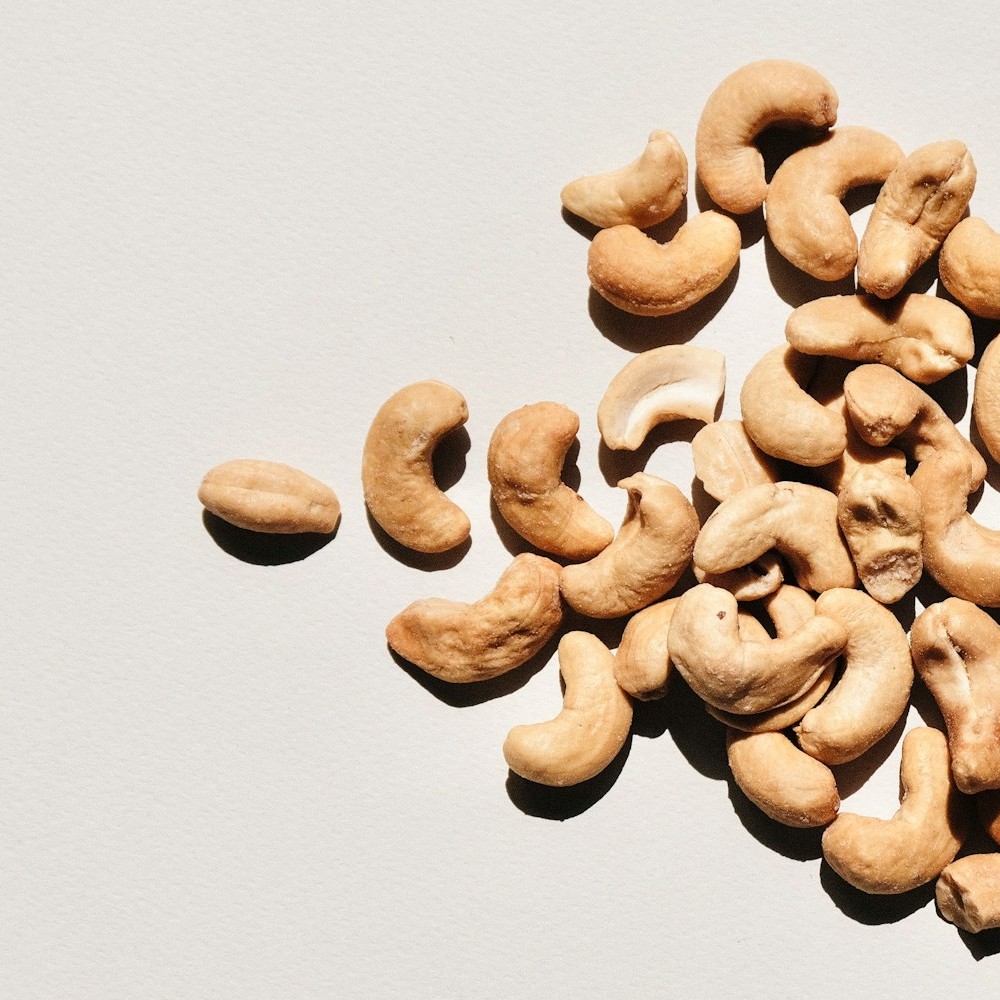Published:
Cashews are one of the most popular nuts out there. They’re found in everything from snack mixes to gourmet dishes. But behind every handful of these tasty nuts lies an industry crucial to Ghana’s economy. The country has become a significant cashew producer, supporting thousands of farmers.
Ghana’s cashew industry isn’t just about satisfying snack cravings; it is a lifeline for over 300,000 farmers and an estimated 200,000 more people involved in trading, transportation, and processing. The country’s cashew trees are spread across seven regions, but the Bono, Bono East, and Ahafo regions are the cashew capitals. Cashew is Ghana’s top non-traditional export crop, generating serious revenue. In 2020, Ghana exported around 139,743 metric tons of raw cashew nuts, raking in about $251.4 million. Most of these nuts head to Vietnam and India, where they are processed before entering global markets. Ghana has an estimated untapped potential of over $660 million in the global cashew industry.
Like any rapidly growing industry, Ghana’s cashew sector faces its share of obstacles. Just recently, in February 2025, a devastating wildfire swept through the Wenchi Municipality in the Bono Region, destroying more than 1,000 acres of cashew and food crops. This environmental setback can be catastrophic for farmers who depend on their harvests for income. Another issue is processing. Even though Ghana grows an impressive amount of cashews, most are shipped out raw instead of processed locally. This means other countries, mainly India and Vietnam, benefit from higher profits from cashew processing. Investing in local processing facilities could create thousands of jobs and increase revenue for the country.
Ghana is making significant efforts to strengthen its cashew industry. In October 2024, Ghana and Côte d’Ivoire, two of Africa’s biggest cashew producers, collaborated to boost cashew processing and marketing. They aim to improve competitiveness, increase local processing, and ensure better deals for their farmers on the international market. This partnership could be a game-changer in positioning West Africa as a dominant force in the cashew trade.
For international businesses and investors, Ghana’s cashew industry offers immense potential. There is a growing demand for Ghana to process its cashews instead of exporting them raw. Investing in processing plants could turn Ghana into a major player in the global cashew trade. Climate change is also a factor, so introducing climate-smart farming techniques to protect yields and ensure long-term sustainability is crucial. Additionally, while Vietnam and India remain the main buyers, European and North American markets are expanding, with increased demand for high-quality, ethically sourced cashews. Ghana has the potential to tap into these premium markets with the right strategies and investments.
Ghana’s cashew industry is more than just nut; it is a story of resilience, opportunity, and untapped potential! With the right investments and policies, Ghana could secure its place as a global cashew powerhouse and transform thousands of lives through job creation and economic growth.
File under






